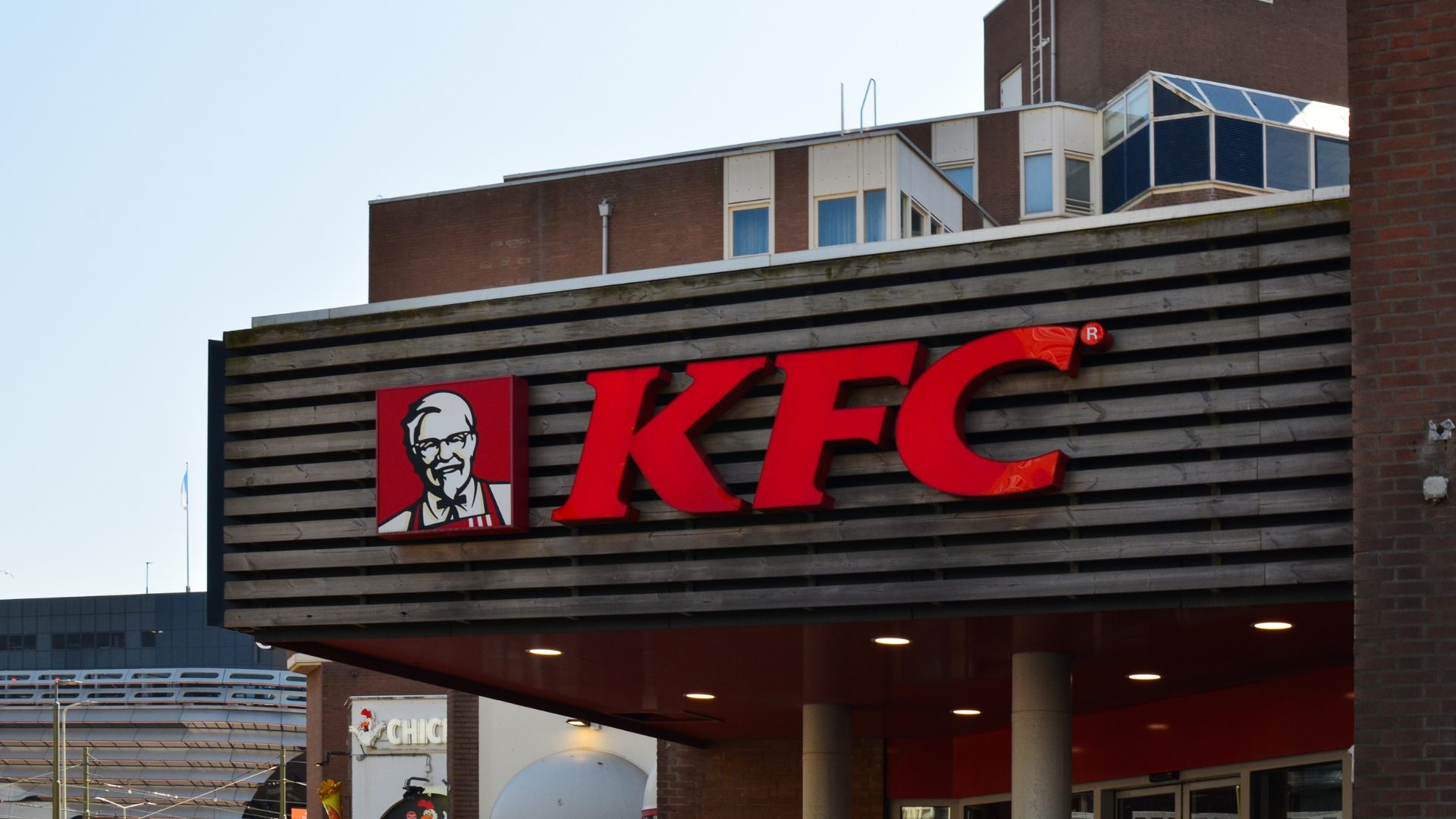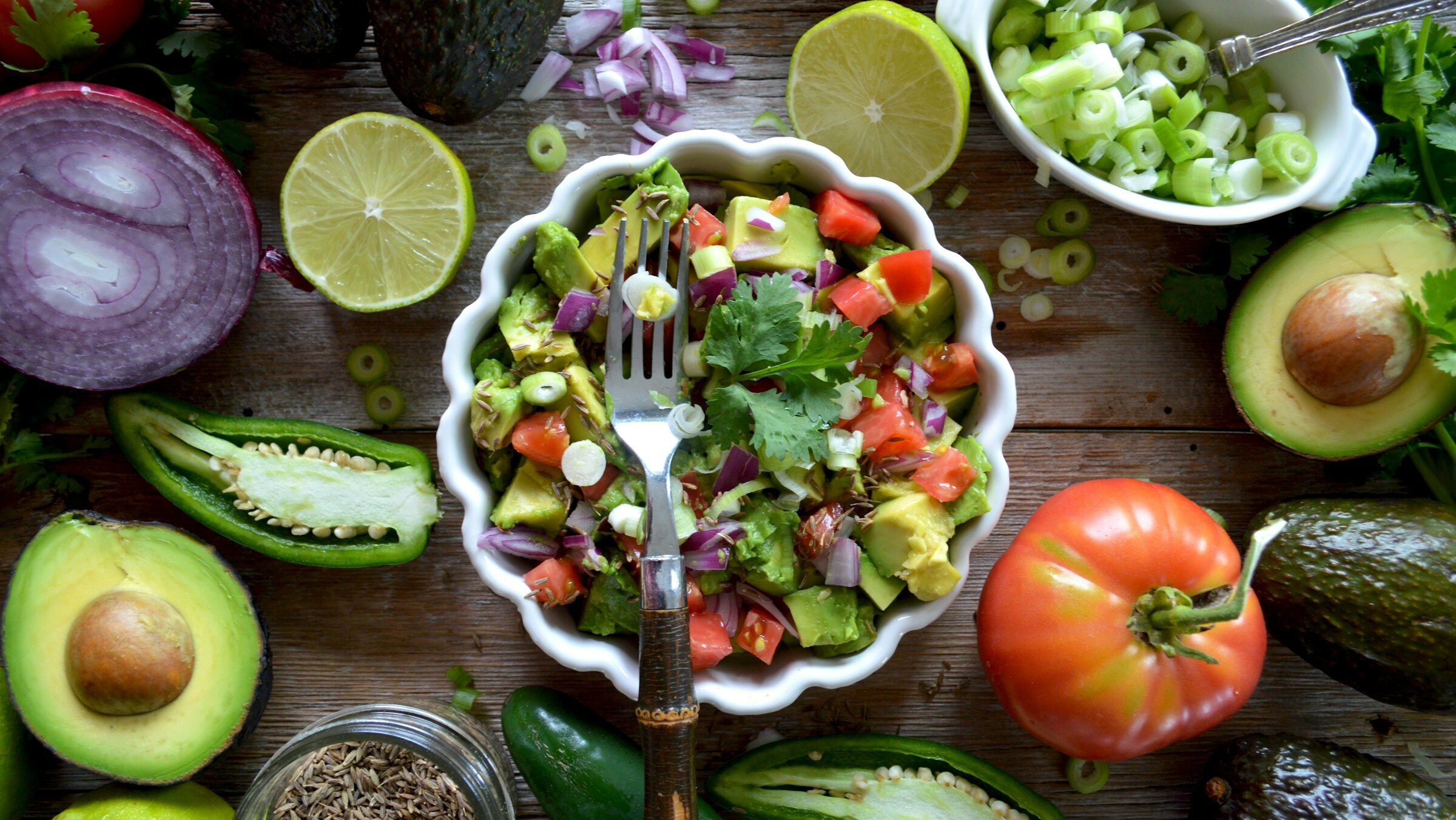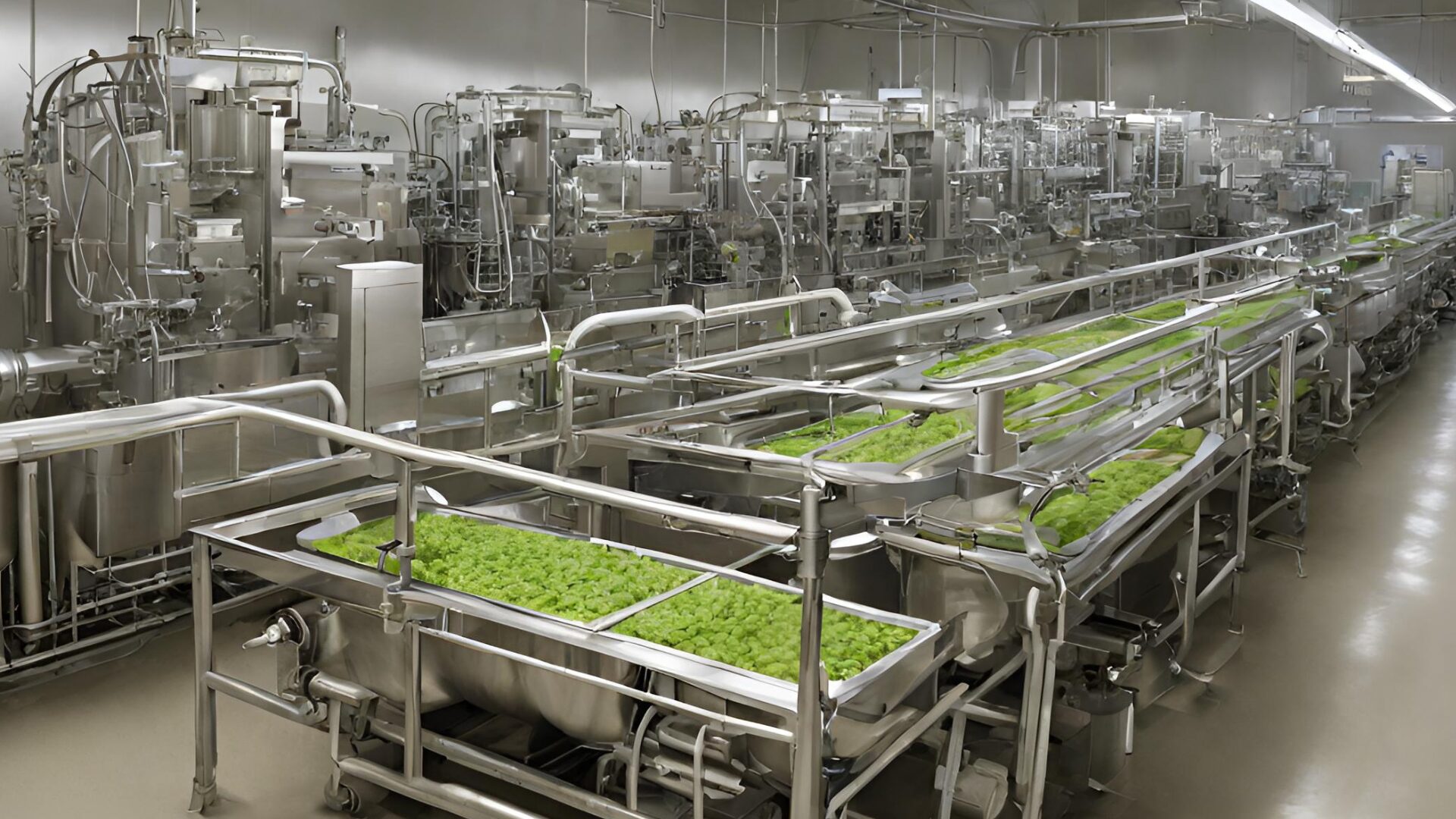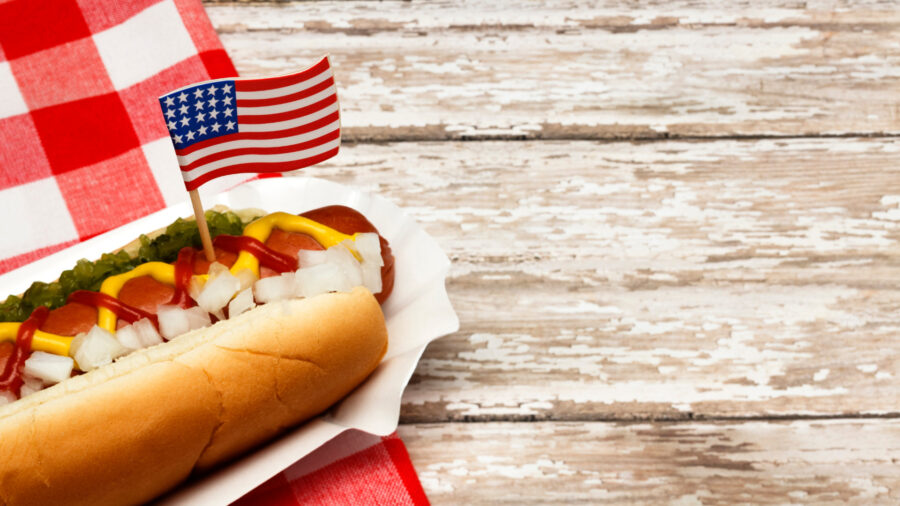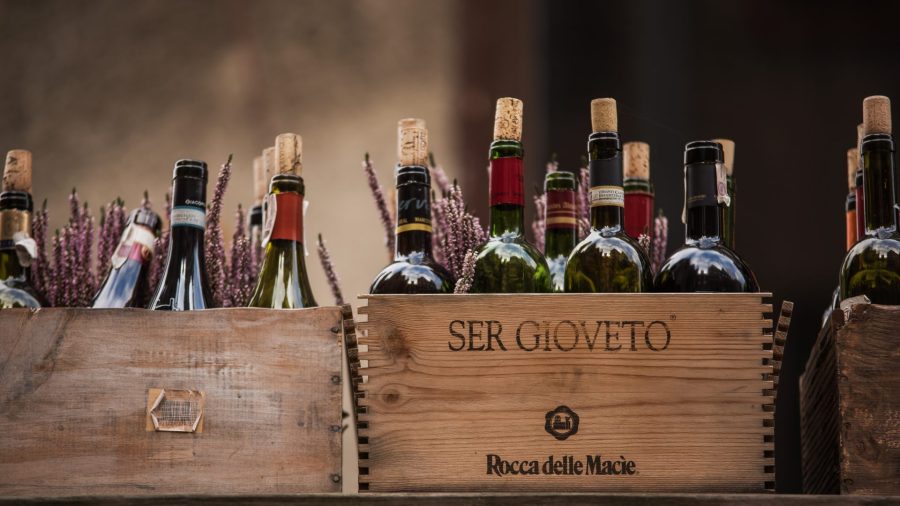Consumers are embracing ready-to-drink (RTD) cocktails and drinking at home at a significant rate, according to a new Circana report on alcohol.
“The pandemic has been a huge influence on the beverage industry. People got used to sitting at home in sweatpants, being relaxed and casual, and not having to pay the markup found in bars and restaurants,” said Annie Edgerton, wine appraiser and consultant. “The ready-to-drink sector rose purely from ease, while other businesses like Shaker & Spoon (cocktail kit subscription) capitalized on people being bored at home and wanting to play and learn about mixology while shut in.”
Here’s a look at how retailers and establishments can capitalize on the latest alcohol trends:
Better-for-You Options
“Health and fitness is a massive trend, so people who enjoy alcohol may want to cut back on drinking or find healthier options so they can still enjoy a drink or feel included in a social setting,” Edgerton told The Food Institute.
There has been a boom in so-called “faux-cohol,” with products like Seedlip. Bars should be aware of this and stock these products so everyone feels included and excited to go out, Edgerton suggested.
Ready-to-Drink Cocktails
“Canned wine and RTD cocktails are huge, people want to grab and go, no tools needed, no glassware, no muss, no fuss,” Edgerton said. “It doesn’t hurt that cans are much more sustainable versus glass packaging, too.”
The industry expert added that retailers need to be sure and have plenty of these options on the shelf. But, as far as hospitality, she warned not to rely too heavily on such items, because it can take away the important human element and “could render your friendly bartender obsolete.”
“RTD will give us the opportunity to penetrate new markets and expose our brand in places where it’s convenient to have ready-made cocktails,” Gaston Martinez, CEO of IZO Spirits, told The Food Institute.
Retail Opportunities
According to Circana, retailers should consider multi-flavor, multi-pack expansions because consumers are looking for new flavor experiences. Businesses should also leverage major events and holidays, such as the Super Bowl and Memorial Day, to promote products as part of an “occasion.”
Edgerton added that packaging is huge and can make or break whether or not a product is bought.
“People sheepishly tell me almost every day that they’ve bought a certain wine because of the label, and I say, ‘Don’t feel bad, they paid a ton of money so you’d do exactly that.’ So keeping on top of market segmentation and consumer preferences is essential for product design,” Edgerton said.
Martinez, meanwhile, suggested that quality, sustainability and being aged to perfection are key to setting a beverage apart. Another way to do so is to have a true story behind your brand and honor heritage and tradition.
Operator Opportunities
On-premise drinking is still below pandemic levels, according to the Circana report. Because of that, operators need to find ways to promote the on-premise experience to lure customers back.
There’s also a lower rate of inflation with on-premise versus retail, which can be a huge selling point in this economy.
Sasha Selimotic, co-founder of Standard Wormwood Distillery, has advice for establishment owners: “Make something that someone can’t make at home. … The amount of care, preparation, and finetuning of a great cocktail makes it worth going out to a new place or your favorite bar.”
Takeaways
Ultimately, Circana’s research provided a few takeaways for anyone in the beverage industry.
- Promote relative price stability
- Operators need to remind consumers of the celebratory vibe on-premise
- Innovate with key trends including better-for-you options
The Food Institute Podcast
Click the play button above to listen to the episode.
How did a small sub shop from Point Pleasant, New Jersey, grow into a 2,400-store operation across 50 states? Jersey Mike’s Franchise Systems Inc. senior vice president Caroline Jones shares the company’s evolution after deciding to franchise the concept in 1987. Additionally, Jones shares stories of growing up in the business, and how the company’s philanthropic efforts help to endear franchise locations to each community they serve.






